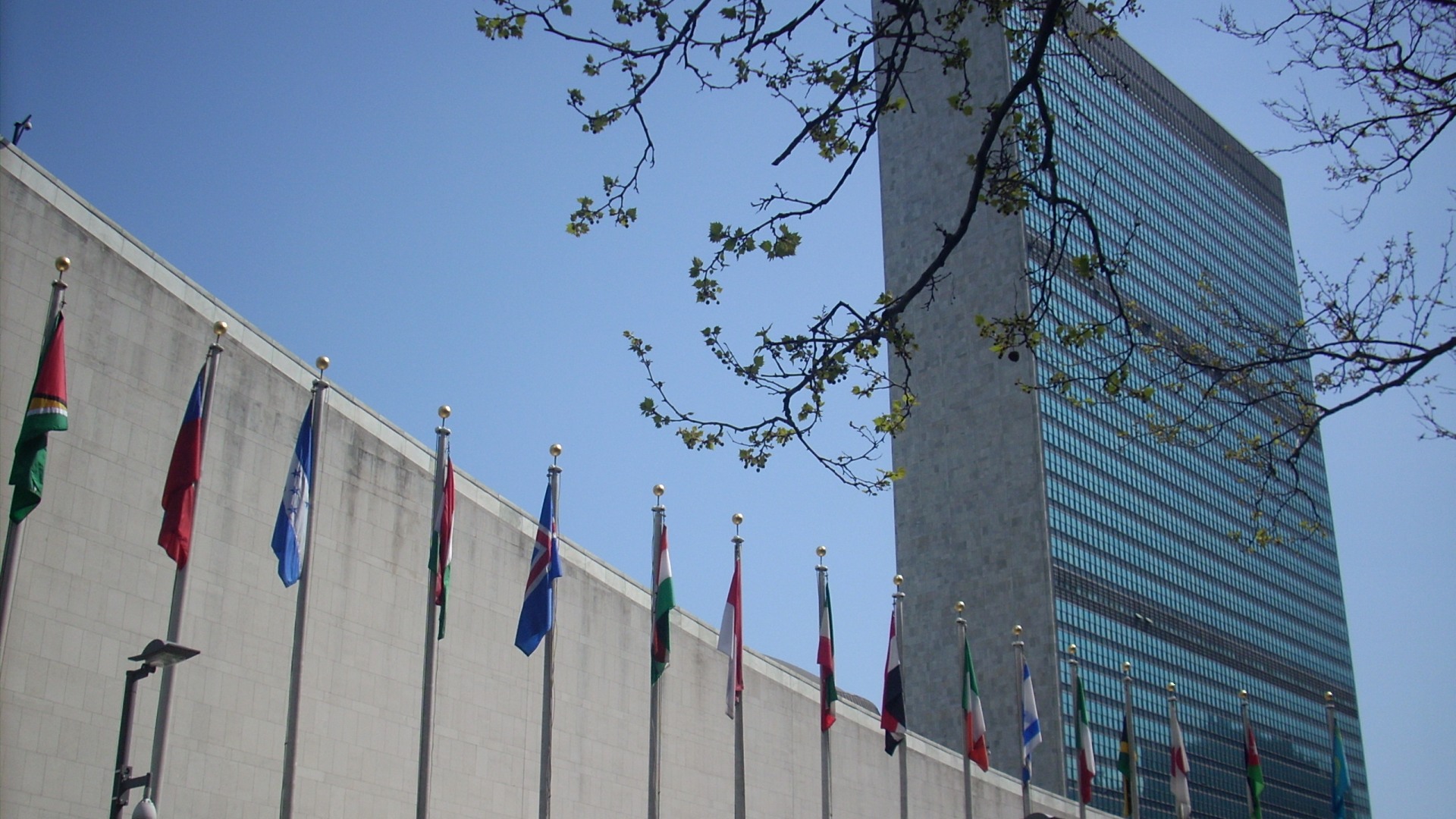Observatory of the World Policy
Observatory of the World Policy
Section dedicated to an observatory on environmental policies. Requirements dictated by the particular historical moment; not to have a number of more or less generic information on government decisions, as to be able to follow the logic with which addresses the various issues and, consequently, can make a contribution in terms of suggestions, actions, targeted interventions, both at the level World and European.
Following are intergovernmental conferences arising from the determination of the United Nations that those promoted by the European Union.
The United Nations, UN acronym, often abbreviated as the United Nations is an intergovernmental organization with an international character.
Organization, born 24 October 1945 in the wake of the old League of Nations, after the end of World War II, with the entry into force of the Charter of the United Nations, participating 193 countries of the world total of 196 recognized sovereign.
The UN was founded with an international conference which opened April 25, 1945 in San Francisco and ended on June 26 with the signing of the Statute of the United Nations by 50 States. The Statute entered into force on October 24, after the ratification by the five permanent members of the Security Council and a majority of other signatories, thus establishing effective UN birth. The date of October 24 was then chosen as United Nations Day.
The articol1 1 and 2 of the Charter of the United Nations summarized the goals and the principles that the international organization has set itself:
– Maintaining international peace and security;
– Promote the settlement of international disputes and peacefully resolve situations that could lead to – a breach of the peace;
– Develop friendly relations among nations based on respect for the principle of equality among states and self-determination of the world’s peoples;
– Promote economic and social cooperation;
– Promoting respect for human rights and fundamental freedoms for the benefit of all individuals;
– Promote disarmament and the regulation of armaments;
– Promote respect for international law and to encourage the progressive development and its codification.
The European Union (abbreviated as EU or EU) is an international political and economic supranational organization, which comprises 28 independent and democratic member states. His training under the present name dates back to the Maastricht Treaty of 7 February 1992 (entered into force on 1 November 1993), to which the States Parties have come after a long process undertaken by the European Communities previously existing and through the conclusion of several treaties , which contributed to the process of European integration.
It guarantees the free movement of people, goods, services and capital within its territory through a common European market and the European Union citizenship, promote peace, its values and the well-being of its peoples, the fight against exclusion social and discrimination, it promotes scientific and technological progress and aims to political stability, economic growth and social and territorial cohesion among the member states, trying to mitigate the socio-economic differences between the various member states and to increase the socio-welfare economic.
EU competences ranging from economic policies (agriculture and trade) for foreign affairs, defense and environmental protection, with a common agricultural policy, a common foreign policy and the presence of structural funds for the achievement of socio-economic objectives charge. In some of these fields such features make thus similar to a federation of states (eg. With regard to the monetary or environmental policies affairs), while in other areas the Union is closer to a confederation (the absence of a Constitution , legal system, domestic policy and common industrial policy) or supranational political organization (like foreign policy).
The economic and monetary union policies of the European Union in 1999 led to the introduction of a single currency, the euro, currently adopted by 19 states of the Union, which form the so-called eurozone, with a common monetary policy set by the Bank European central (ECB).
Below are some of the most significant intergovernmental conferences of the United Nations or the European Union in environmental matters.

